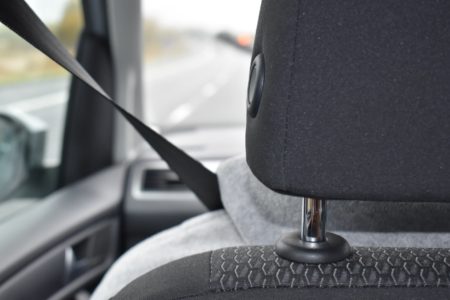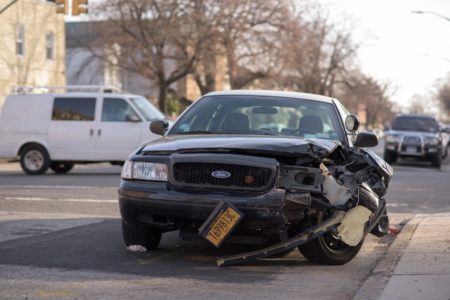Learn to Drive – Summer is the Most Dangerous Time for Teen Drivers
Last year in North Carolina, 139 teens were killed in car crashes. The highway patrol is pulling out all stops to keep teens who are learning to drive safe .
Highway Patrol targeting teen drivers
Next week, there will be more N.C. Highway Patrol troopers traveling the roads to and from high schools throughout Alamance County.
It’s part of a statewide initiative targeting teens called “Drive to Live.” The objective is to get teenagers to drive more safely to reduce the number of traffic collisions involving young drivers, said 1st Sgt. C.J. Slemenda.
This week, troopers visited Southern Alamance High, Eastern Alamance High and Western High to deliver a message to students.
“The first phase is the education part of it,” Slemenda said. “We have three troopers who will go by those schools and if the principals will allow us, they will read statements describing what we are doing and the reason behind it.”
Part of the message focuses on the fact that 139 teenagers were killed in the state in 2009 as a result of vehicle collisions.
“Many of those collisions occurred during the commute to and from and high school,” Slemenda said, pointing out that speed was a factor in many of them.
Slemenda referenced a single-car wreck that happened in Forsyth County Sunday that killed 16-year-old Ethan Derek Smith of Winston-Salem. Smith was a passenger in a BMW driven by 16-year-old Alexander Reid Dapp of Pfafftown. Authorities say that Dapp, who survived the crash, was charged with careless and reckless driving and exceeding safe speed for conditions.
“Both the driver and passenger were wearing seat belts,” Slemenda said. “The speed was the cause of the collision.”
Troopers are in the schools asking students to remember to comply with all traffic laws, to not drink and drive and to always buckle their seatbelts.
Slemenda sees the initiative as a sort of last-ditch effort to reach young drivers before the summer.
“It’s just to kind of put it in their minds and remind them not to take driving for granted and to make good choices and use good judgment,” Slemenda said. “Hopefully, when they leave school, they will keep that in mind and have a safe summer.”
In the event the message doesn’t sink in, troopers will be patrolling routes to and from the high schools next week — the last week of school — with plans of writing citations and enforcing the law.
“We would rather give them the heads up,” Slemenda said. “We would rather have compliance through education. Enforcement is a last resort. We want to let them know what to expect.”




